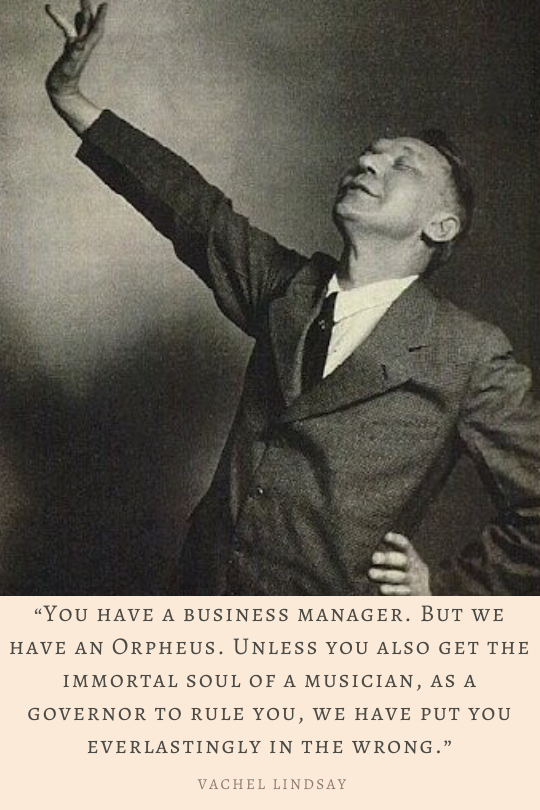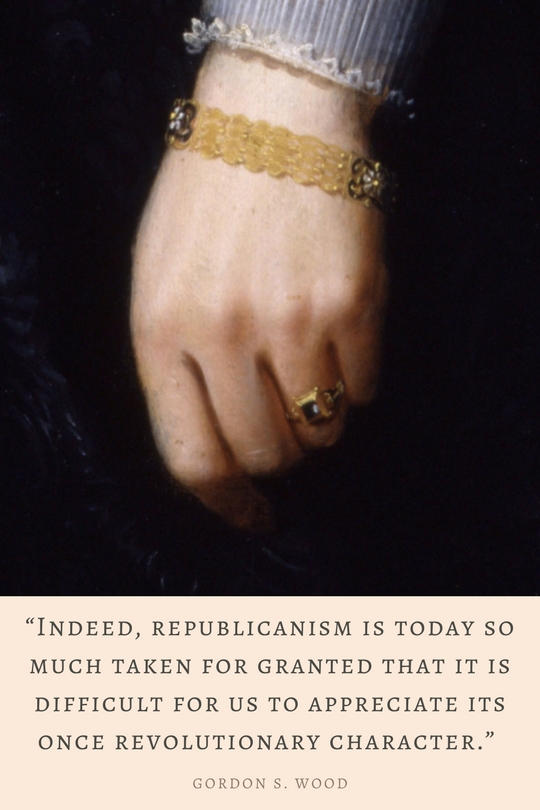James M. Pryse On The Delphian Key-Note of Esotericism: Plato’s Four Degrees of Knowledge
Theosophist, James Morgan Pryse describes the true meaning of the Delphian axiom, “Man, Known Thyself,” in his highly interesting work, Apocalypse Unsealed: Being an Esoteric Interpretation of Initiation (1910). Pryse argued, that the “Book of the Revelation” of Iaonnes (John) is not a book detailing the past, nor the future; but was a book designed to dismantle when unveiled, the dogmas of the conventionalists. The thesis is that the Apocalypse vision of Iaonnes is in fact an allegory of Initiation.
He goes on to then explain various means of acquiring knowledge.
the delphian key-note of esotericism
“The point where the arcane system sharply diverges from all the conventional schools of thought is in the means of acquiring knowledge. To make this clear, Plato’s analysis of the four faculties of the soul, with their four corresponding degrees of knowledge, may be taken, (Rep. vi. 5 1 1.) Tabulated, it is as follows:
THE VISIBLE, SENSUOUS WORLD.
1. perception of images,) opinion, illu-
2. faith, psychic groping) sory knowledge,
THE INTELLIGIBLE, SUPRASENSUOUS WORLD.
3. philosophic reason), wis-
4. direct cognition ) dom, true knowledge.
The first of these degrees covers the whole field of the inductive physical sciences, which are concerned with investigating the phenomena of external nature; the second degree embraces exoteric religion and all phases of blind belief; and these two degrees, pertaining to the phranic or lower mind, comprise all the knowledge available to those whose consciousness does not transcend the illusions of the material world. The third degree relates to speculative philosophy, which seeks to arrive at first principles by the effort of pure reason; the fourth degree is the direct apprehension of truth by the lucid mind independently of any reasoning process; and these two degrees, pertaining to the noetic or higher mind, represent the field of knowledge open to those whose consciousness rises to the world of spiritual reality. Elsewhere Plato speaks of the mantic state, which he describes as a kind of madness produced “by a divine release from the ordinary ways of men.”
CONTINUING
James M. Pryse elaborates, that “the exoteric scientist and religionist rely on the physical senses, the psychic emotions, and the intellectual faculties as these are in the present stage of human evolution. While the scientist some what enlarges the scope of the senses by employing the telescope, the microscope, and other mechanical devices, the religionist puts his trust in the mutilated records of suppositional revelations received from the remote past. But the esotericist, refusing to be confined within the narrow limits of the senses and the mental faculties, and recognizing that the gnostic powers of the soul are hopelessly hampered and obscured by its imperfect instrument, the physical body, devotes himself to what may be termed intensive self-evolution, the conquest and utilization of all the forces and faculties that lie latent in that fontal essence within himself which is the primary source of all the elements and powers of his being, of all that he is, has been, and will be. By gaining conscious control of the hidden potencies which are the proximate causes of his individual evolution, he seeks to traverse in a comparatively brief period of time the path leading to spiritual illumination and liberation from terrestrial bondage, rushing forward, as it were, toward that goal which the human race as a whole, advancing at an almost imperceptible rate of progress, will reach only after aeons of time. His effort is not so much to know as to become; and herein lies the tremendous import of the Delphic inscription, “Know Thyself,” which is the key-note of esotericism.
For the esotericist understands that true self-knowledge can be attained only through self-development in the highest possible sense of the term, a development which begins with introspection and the awakening of creative and re-generative forces which now slumber in man’s inner protoplasmic nature.” (James Morgan Pryse, Apocalypse Unsealed: Being an Esoteric Interpretation of Initiation, pp. 6-8)
THREE TYPES OF WAYS TO GET KNOWLEDGE
- [Opinion] the senses, or perception
- [Science] dialectics, the art of inquiry into the knowledge or the truth of things
- [Illumination] intuition, and identification of the mind with the object known
James Morgan Pryse shows, that real development is in physio-psychological development, and the unfolding of inner senses.
THEOSOPHICAL QUOTES ON MAN’S POTENTIALITY
“To some extent, it is admitted that even the esoteric teaching is allegorical. To make the latter comprehensible to the average intelligence, requires the use of symbols cast in an intelligible form. Hence the allegorical and semi-mythical narratives in the exoteric, and the (only) semi-metaphysical and objective representations in the esoteric teachings. For the purely and transcendentally spiritual conceptions are adapted only to the perceptions of those who “see without eyes, hear without ears, and sense without organs.” (The Secret Doctrine, Vol. 2, pg. 81)
“The key of the riddle is left to the intuition of the disciple.” (Collected Writings, Vol. 14, pg. 405)
“Your axioms of logic can be applied to the lower Manas [mind] only and it is from the perceptions of Kama-Manas [material mind] alone that you argue. But Occultism teaches only that which it derives from the cognition of the Higher Ego or the Buddhi-Manas [spiritual mind].” (Blavatsky’s Collected Writings, Vol. 10, pp. 384-5)
“The mind can be made to work with electric swiftness in a high excitement…” (A Mahatma Letter to Mrs. Laura C. Holloway; first published incomplete in Letters from the Masters of the Wisdom, First Series)
“First let the student clearly realize that he cannot see things spiritual with the eyes of the flesh, and that in studying, he must use the eyes of the Spiritual Intelligence, else will he fail and his study will be fruitless.” (Collected Writings, Vol. 12, pg. 691)
“The Infinite cannot be known to our reason, which can only distinguish and define; but we can always conceive the abstract idea thereof, thanks to that faculty higher than our reason—intuition, or the spiritual instinct.” (Collected Writings, Vol. 11, pg. 258)
“The whole essence of truth cannot be transmitted from mouth to ear. Nor can any pen describe it, unless man finds the answer in the sanctuary of his own heart, in the innermost depths of his divine intuitions.” (The Secret Doctrine, Vol. 2, pg. 51)
“Thus the mystical side of the interpretation must be left to the intuition of the student.” (The Secret Doctrine, Vol. 2, pg. 579)
“It may be a parable and an allegory within an allegory. Its solution is left to the intuition of the student, if he only reads that which follows with his spiritual eye.” (The Secret Doctrine, Vol. 2., pg. 94)
“The contemplation of celestial things will make man both speak and think more sublimely and magnificently when he descends to human affairs”—says Cicero.” (Collected Writings, Vol. 6, pg. 347)
The Practical Basis of Spiritual Illumination
“To fully define Theosophy, we must consider it under all its aspects. The interior world has not been hidden from all by impenetrable darkness. By that higher intuition acquired by Theosophia — or God-knowledge, which carried the mind from the world of form into that of formless spirit, man has been sometimes enabled in every age…











